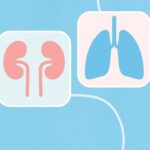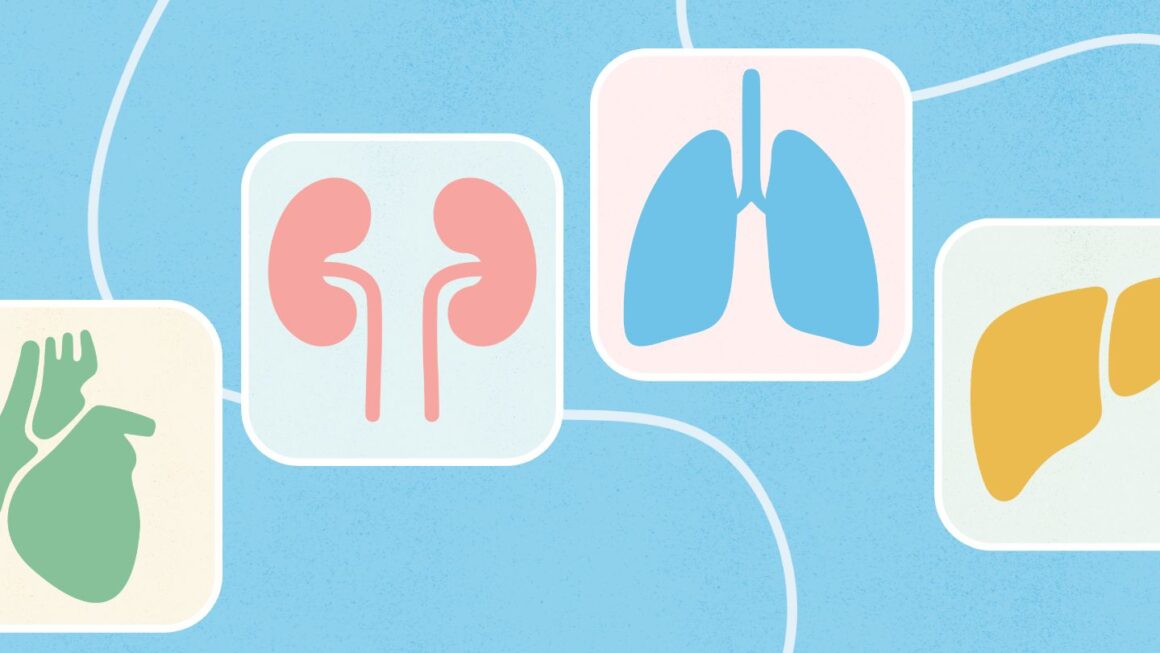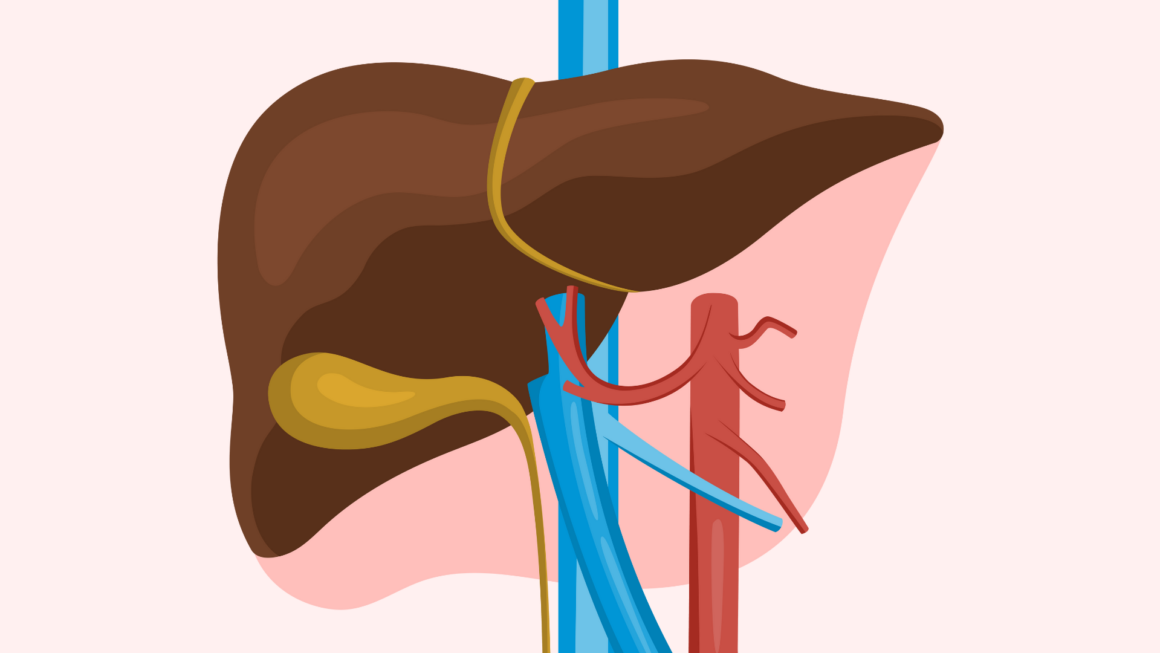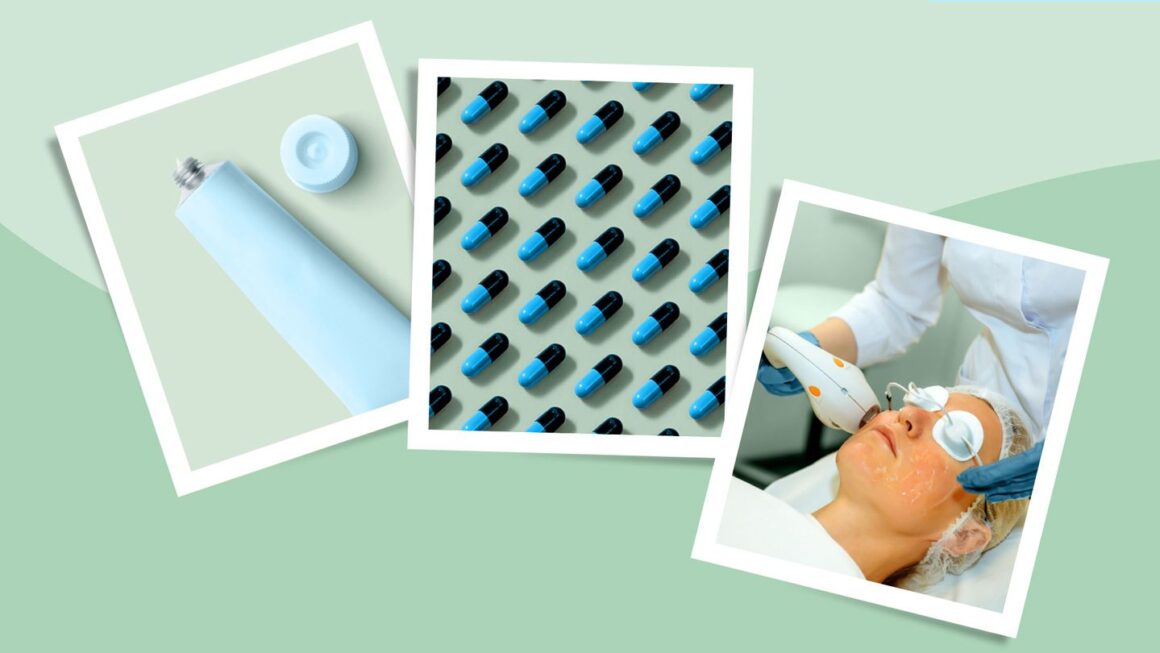In 2019, about 1 out of every 19 cases of cancers were attributed to drinking alcohol yet more than 50 percent of Americans don’t know that alcohol can increase the risk of certain types of cancer, says Amy Comander, MD, medical director at Mass General Cancer Center in Waltham, Massachusetts.
“The message that alcohol consumption can increase cancer risk is important and one we need to amplify,” says Dr. Comander.
The new report from the American Association for Cancer Research (AACR) named alcohol use as the third biggest controllable risk factor for cancer, after smoking and obesity.
Drinking alcohol increases the risk for six different types of cancer:
Alcohol Consumption Is Going Up — and So Are Cancer Diagnoses in Younger Americans
Researchers speculate that alcohol consumption may play a role in the increased incidence of cancer in younger Americans.
These increases could have health consequences that go on for decades, according to the report authors.
Excessive alcohol use is linked to over 200 different diseases, says Bubu Banini, MD, PhD, a member of the Yale Cancer Center and the associate director of the Clinical and Translational Core at the Yale Liver Center in New Haven, Connecticut.
“These include various types of malignancy as discussed here — liver disease, heart disease, reproductive dysfunction, kidney disease, brain damage, and cognitive dysfunction, among several others,” she says.
How Does Alcohol Increase the Risk of Cancer?
There are several ways alcohol can potentially increase cancer risk, Dr. Banini says. “Alcohol can be converted to acetaldehyde in the body, which can damage cells and interfere with their ability to repair the damage. When these cells do try to repair their damage, they could make mistakes in their DNA that can lead to cancer.”
Alcohol use can also lead to an increase in oxidative stress, resulting in cell damage and increasing the risk of cancer, she says.
“Alcohol can also increase risk of cancer by impacting the body’s ability to absorb important nutrients which our body needs, including vitamin A, vitamin B complex, folate, vitamin C, vitamin D, vitamin E, and carotenoids,” says Comander.
No Amount of Alcohol Is Good for Your Health
Although for a time, some experts believed that light to moderate alcohol use (like a glass of red wine at dinner) was good for you, the science has evolved.
Banini agrees.
“When it comes to alcohol, no amount is safe, and it is best to avoid it. We know that among women, even one drink a day has been demonstrated to increase breast cancer risk compared to women who do not drink, and the same goes for several other conditions,” she says.
“Those who currently do not drink alcohol should not start for any reason. This is especially the case in this era of the obesity pandemic, since the combination of alcohol and obesity further increases cancer risk,” says Banini.
Warning Labels and Higher Prices for Alcohol?
As a group, primary care physicians don’t do a great job of asking people about unhealthy alcohol use or offering effective therapies or interventions for alcohol use disorder — and that needs to change, he said.
Speakers at the press conference also discussed potential strategies for informing people about the health risks of alcohol and discouraging its use, including warning labels and high prices or additional taxes.













